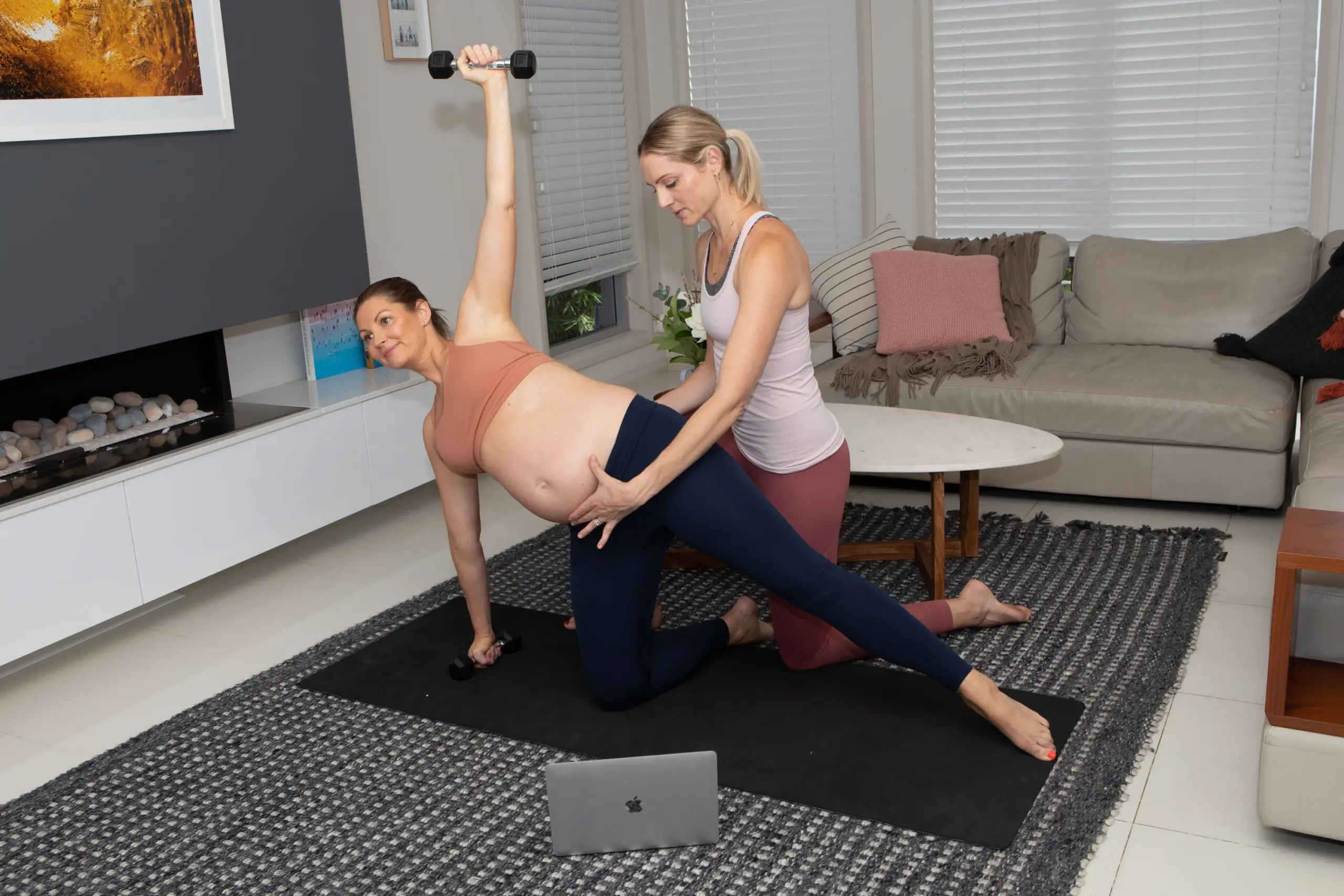Northwest Wellness Group
Pelvic Organ Prolapse in Arlington Heights

You’re Not Alone: Real Solutions for Pelvic Organ Prolapse in Arlington Heights Confident Support for Pelvic Organ Prolapse — Without Surgery or Shame
Pelvic organ prolapse isn’t just uncomfortable—it can disrupt your daily life in ways you never expected. If you’re dealing with bladder leaks, painful intimacy, constipation, or that relentless “falling out” feeling, you’re not alone. One in four women will experience pelvic organ prolapse at some point. Yet, most suffer in silence, unsure where to turn for relief.
Here’s the good news: pelvic floor physical therapy at Northwest Wellness Group in Arlington Heights offers a proven, non-invasive solution to restore strength, control, and comfort.
Pelvic Organ Prolapse in Arlington Heights: Why It Happens and How to Fix It
Your pelvic floor muscles act as a natural support system for your bladder, uterus, and rectum. But over time, pregnancy, childbirth, menopause, or aging can weaken this support, causing organs to shift downward and create uncomfortable symptoms, including:
- Pressure or heaviness in the pelvis
- A bulging sensation or visible protrusion at the vaginal opening
- Urinary leakage or difficulty urinating
- Painful intercourse or reduced sexual sensation
- Chronic constipation or difficulty with bowel movements
The problem won’t fix itself—and ignoring it can make symptoms worse. But you don’t have to live with discomfort. Pelvic floor therapy is one of the most effective ways to strengthen your body’s natural support system and restore control.
Why Pelvic Floor Therapy is a Game-Changer for Prolapse
At Northwest Wellness Group, our expert therapists specialize in restoring strength, function, and confidence through pelvic floor physical therapy. This isn’t just about temporary relief—it’s about helping you take control of your body again.
How It Works:
- We create a customized treatment plan using advanced techniques like:
- Biofeedback training to retrain weakened muscles
- Soft tissue mobilization to release tension and improve circulation
- Kegel exercises (done correctly!) for targeted muscle strengthening
- Electrical stimulation to improve neuromuscular control
- Behavioral and movement coaching to support daily function
These methods work together to lift, support, and restore your pelvic organs naturally—helping reduce symptoms, prevent worsening prolapse, and keep you out of surgery.
What to Expect During Your Therapy Sessions
Pelvic floor therapy is about giving you control—not just treating symptoms. Your sessions will focus on education, movement training, and hands-on techniques to help you build strength, function, and confidence.
Each session is typically 60 minutes and customized to your needs. Here’s what may be included:
Pelvic Floor Education & Movement Retraining
We begin by teaching you how your pelvic floor works and how it supports your organs during everyday activities like lifting, standing, and breathing.Biofeedback Training
Using real-time feedback, you’ll learn to properly engage and coordinate your pelvic muscles—even if they feel weak or disconnected.Pelvic Floor Exercises
We guide you through safe, personalized exercises (yes, real Kegels!) to rebuild support and stability from the inside out.Lifestyle & Movement Coaching
You’ll receive expert guidance on posture, pressure management, and habits that support long-term prolapse relief.Soft Tissue Work
Targeted manual techniques may be used to reduce tension and improve mobility around the hips, abdomen, and pelvis.Internal Manual Therapy (Optional)
If appropriate, and only with your consent, we may include gentle internal techniques to improve muscle tone, coordination, or release restrictions.
Every session is customized to your comfort level—and you’re always in control of the process.
Frequently Asked Questions
Will pelvic floor therapy be uncomfortable?
Your therapist will work within your comfort level at all times. If certain techniques don’t feel right for you, we’ll adjust the approach to ensure a positive experience.
Can this still help if I’ve had prolapse for years?
Yes! Even if your symptoms have been progressing for years, pelvic floor therapy can reduce discomfort, improve strength, and help you avoid further worsening.
Does therapy work after menopause or a hysterectomy?
Absolutely. Strengthening and retraining your pelvic floor is beneficial at any stage of life, and we tailor treatment to your unique needs.
Take the First Step Toward Relief—Book Your Appointment Today
If prolapse is interfering with your life, your relationships, and your confidence, you don’t have to just “live with it.” Pelvic floor therapy is a safe, highly effective way to reduce symptoms, restore function, and help you regain control—without surgery or medications.
You deserve to feel strong, confident, and in control again. Let’s make that happen—starting today.Call Northwest Wellness Group in Arlington Heights now!


